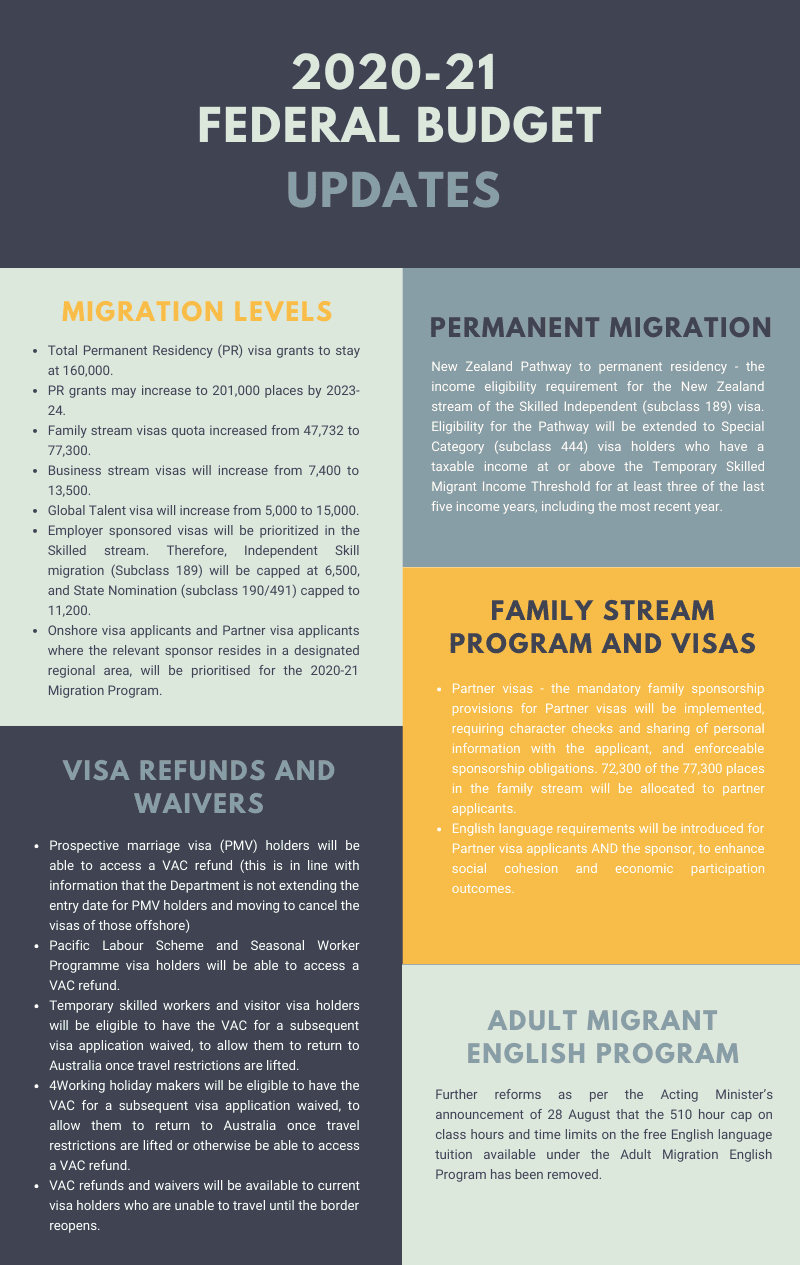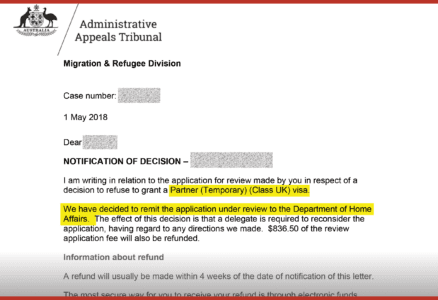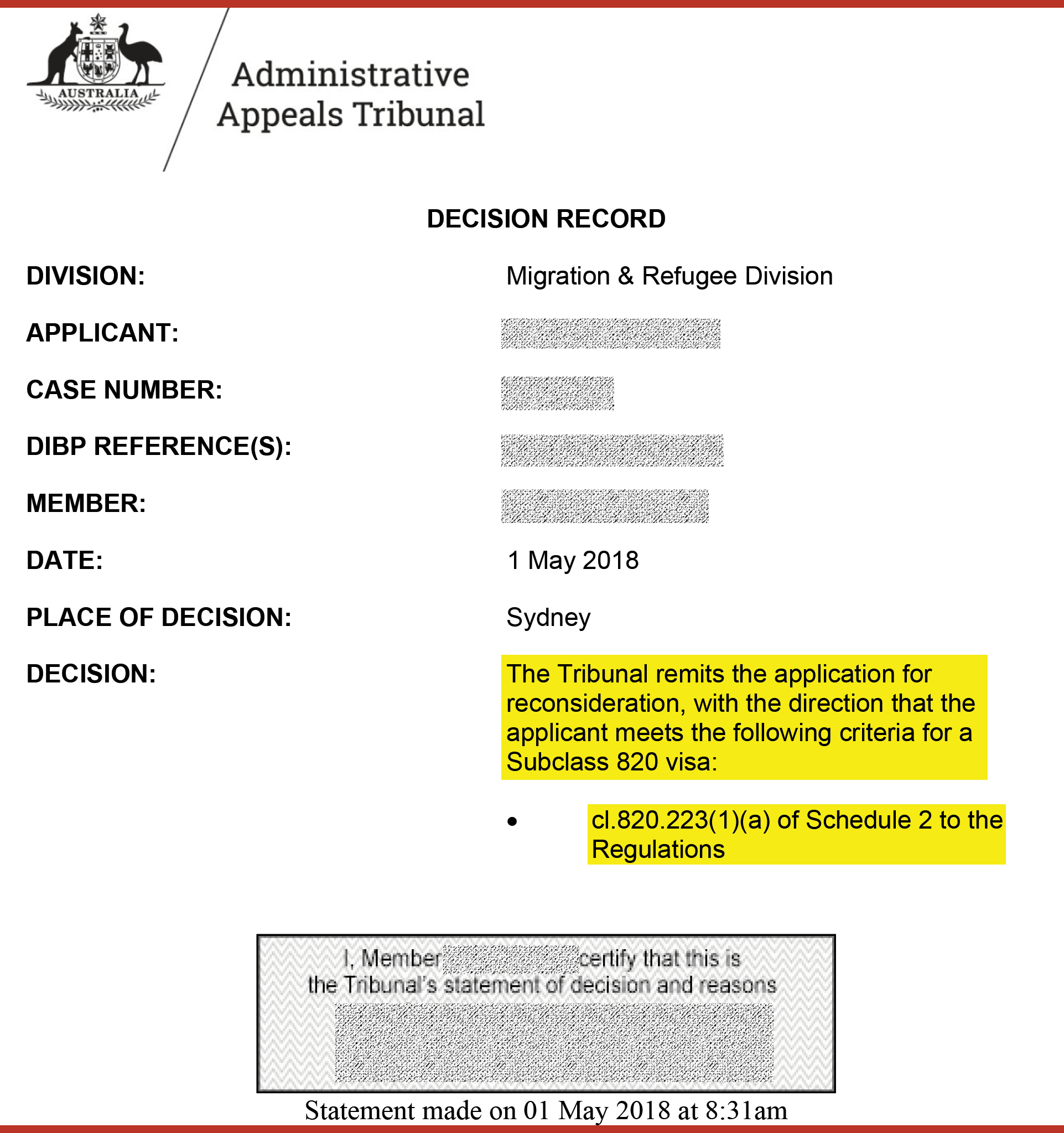1. Australia Business Culture
Australians believe in a fair chance for all and are open to tell you what they want. Australians tend to open conversation straight away about the business on the table. In contract, most business people from Asia likes to first build the relationship (e.g. have a dinner or casual chat) and fell comfortable before entering into business talks.
Australia encourages work-life balance. You will find that Australians may not be prepared to meet for work matters outside of their working hours.
TIP: Be prepared to talk business in the first meeting, be specific with what you want, it is expected – be frank and transparent.
2. Contractual Spirit
Do expect slow decision making as Australians like to consult advisors and stakeholders before deciding.
When a decision is reached and contract is entered into, it is taken very seriously. In contrast to some parts of the world, especially the developing countries, contracts are often disregarded. In Australia, contracts are comprehensive, transparent and enforceable by the parties. Contracts are analysed carefully before agreements are reached and signed.
If a contract is breached, the non-defaulting party can bring an action in Court.
TIP: Be patient with the process. THINK CAREFULLY and get advice before you sign any contract, especially in Australia. Once signed, you cannot deviate from it.
3. Foreign Investment Review Board
General rule of thumb for a “foreign person” buying Australia real estate is that you must apply for approval from Foreign Investment Review Board (FIRB). A “foreign person” is generally:
- an individual that is not ordinarily resident in Australia;
- a corporation, trustee of a trust or general partner of a limited partnership where a non-resident individual or foreign company holds a substantial interest of at least 20%; or
- a corporation, trustee of a trust or general partner of a limited partnership in which two or more foreign persons hold an aggregate substantial interest of at least 40%.
Failure to obtain FIRB approval is a breach of the Commonwealth law. Consequences include:
- The maximum civil penalty for individual is up to $52,500
- If criminal penalty is imposed, the maximum is $157,500 or 3 years imprisonment.
Commercial land, agricultural land, and Australian corporation (general businesses) have different thresholds where FIRB approval is required.
TIP: Please be mindful to check whether you need to obtain FIRB approval before signing any contract.
4. Taxation
Tax system in Australia is complicated. At the Federal level, there is:
- Withholding tax for non-resident (which can range from 10% to 47%);
- Capital gains tax (Company is not entitled to certain CGT concessions);
- Company tax (currently at 28.5%);
- Goods and services tax (which is 10%).
At the State level, there is transfer duty, land tax, and other State’s taxes depending on which business you are investing in. Transfer duty for purchase of land is around 5% of the purchase price, but it can be tricky. For example, if you decide to change the purchaser’s name on a contract, you may have to pay double transfer duty. Another example, purchase of shares in “land rich” company may trigger transfer duty.
At the Local Government level, there are council rates and taxes.
TIP: Seek advice from qualified accountant before committing to any investment.
5. Using Correct Structure
Using the correct legal structure to conduct your investment can help you with assets protection, limit your liability, effectively minimise tax, or privacy protection for the “true owner”.
Legal structures in Australia include sole proprietorship, partnership, company, and trust.
TIP: Know which structure best suits your purpose and set it up before entering into any contract to invest.
6. Common Law and the “Nemo Dat” Doctrine
Australia is a common law country. Our legal system comprises of common law and legislations. There is an old common law rule called the “nemo dat” doctrine which basically means that a person who is not an owner of goods or who does not sell those goods under the authority or consent of the owner cannot pass a better title than she/he had.
TIP: Check the proof of ownership AND check the seller. If unsure, you can always include a “due diligence” clause in the contract allowing you time to conduct checks and searches before you make the investment.
7. Australia Consumer Law
The Australia Consumer Law (“ACL”) is a national law for fair trading and consumer protection. If you believe that you have been treated unfairly in a transaction or mislead into investing, you may be entitled to the protection and remedies under the ACL.
TIP: Don’t wait till it is too late. There is limitation period to your rights under the ACL.
8. Business Migrants – “Eligible Business”
Business migrants are required to make investment into “eligible business”. Our Common Law and migration legislation are very specific about what constitutes a “business” and an “eligible business”. Investment into a wrong business can cost you the visa.
TIP: First, fully understand the conditions on your visa and its legal implications, and second, make sure your contract contains terms that will help you with complying with the visa conditions.









